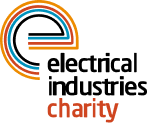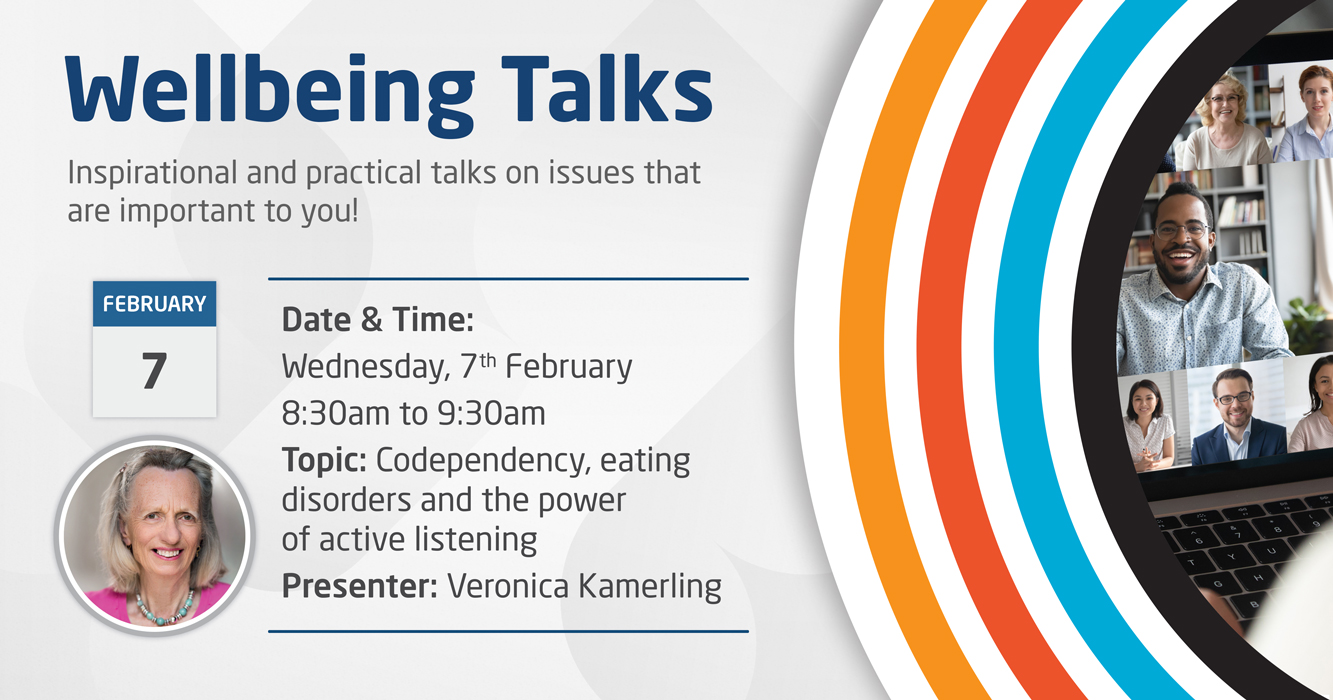February
Looking after our Apprentices
Our apprentices are heavily impacted by the factors that are affecting our industry. On a lower wage and balancing college work with their training, apprentices are vulnerable to suffering with their mental health, whilst combatting the tribulations of the financial climate and the pressures faced in their early career. Together, we can work to create a safe space for those new to our industry and learning their trade.
Mental Health Awareness Training
The EIC are so proud to bring our industry apprentices 15 mental health awareness training modules for FREE. The course has been designed to give:
- An understanding of what mental health is and how to challenge the stigma
- A basic knowledge of some common mental health issues
- An introduction to looking after your own mental health and maintaining wellbeing
- Confidence to support someone in distress or who may be experiencing a mental health issue
Apprentices who complete this course will be able to:
- Define mental health and understand its importance
- Recognise the signs of mental health challenges in themselves and their peers
- Access resources for seeking help and support if needed
- Contribute to a stigma-free environment that prioritises mental health in the workplace
- Understand the basics of self-care for maintaining mental well-being
Addiction
Substance abuse (drugs and alcohol) and gambing addictions are increasing among apprentices and is a prressing concern. It’s important that we educate our industry on risks, where to find support and how to cope utilising positive coping strategies. Support may be offered to those who are experiencing addiction through the creation of a safe and non-judgemental environment that promotes the use of signposting to organisations that can provide specific and tailored support to the presenting issues. signposts: Al-Anon, AA, NA, GA, GamCare, GamAware etc.
Eating Disorders
Eating disorders are medically recognized conditions characterized by abnormal eating habits. However, it’s important to note that not all issues related to eating are classified as eating disorders. Let’s look at some specific types:
- Bulimia: This involves periods of excessive eating followed by actions to avoid weight gain, such as vomiting.
- Anorexia: Characterized by a fear of gaining weight and a distorted body image, leading to severe food restriction.
- Binge Eating Disorder: This disorder is marked by episodes of uncontrollable excessive eating.
- OSFED (Other Specified Feeding or Eating Disorder): This category includes eating disorders that don’t fit the exact criteria of others, like bulimia or anorexia.
- ARFID (Avoidant/Restrictive Food Intake Disorder): Here, individuals avoid or restrict food intake, but not due to concerns about weight or body shape.
- Pica: This involves eating non-food substances regularly.
- Rumination Disorder: In this condition, people regurgitate food they have previously chewed and swallowed, then re-chew, and often re-swallow it.
- Diabulimia: This term refers to an eating disorder in individuals with diabetes, typically type 1, where they deliberately take less insulin to lose weight.
For a more in-depth understanding of these disorders, visit Mind’s resource on eating disorders and Beat Eating Disorders’ overview of ARFID.
Self-harm
Self-harm is a complex issue that can affect anyone. Apprentices are notably at higher risk. People often resort to self-harm as a way to deal with intense emotions, painful memories or overwhelming life situations. This behavior can act as a non-verbal expression of difficult experiences or feelings. It’s a way for some to make their internal pain visible, to release mental stress or to regain a sense of control in their lives.
There are numerous reasons why someone might start self-harming. These reasons can range from stress at work or school, experiences of being bullied, financial troubles, the loss of a loved one, the breakdown of relationships, health challenges, increasing stress or issues with self-esteem. For more insights, visit Mind’s self-harm information page.
How to Support Yourself or Someone Experiencing Self-Harm
If you or someone you know is dealing with self-harm, seeking help is crucial. For advice on how to manage self-harm or to support someone who is, explore the resources provided by Mind for individual support and assistance for friends and family. You can also find more support at the National Self Harm Network.


